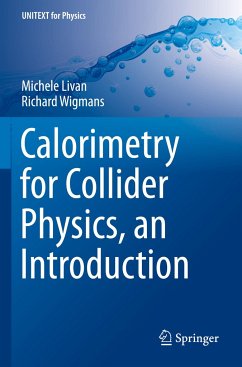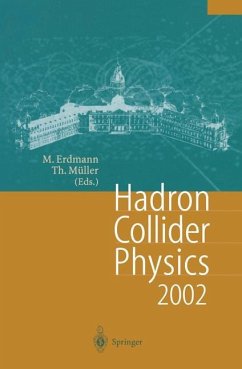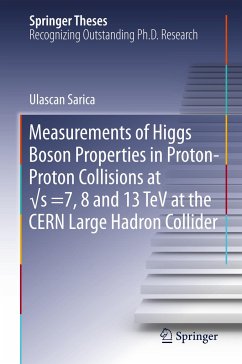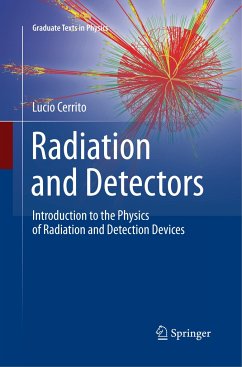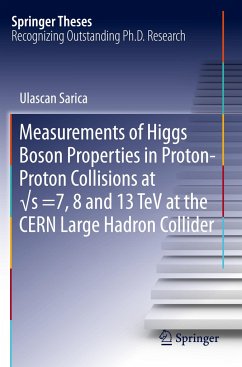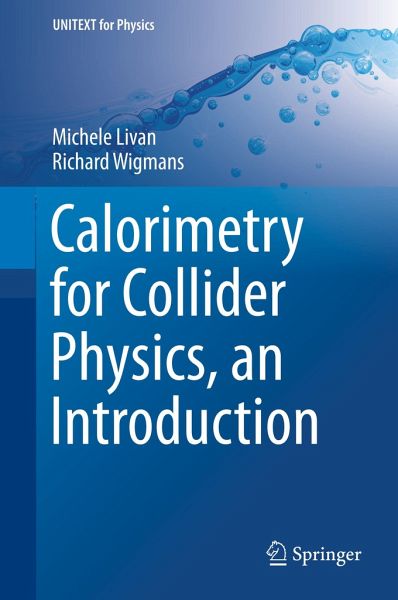
Calorimetry for Collider Physics, an Introduction
Versandkostenfrei!
Versandfertig in 6-10 Tagen
53,99 €
inkl. MwSt.
Weitere Ausgaben:

PAYBACK Punkte
27 °P sammeln!
This book is exceptional in offering a thorough but accessible introduction to calorimetry that will meet the needs of both students and researchers in the field of particle physics. It is designed to provide the sound knowledge of the basics of calorimetry and of calorimetric techniques and instrumentation that is mandatory for any physicist involved in the design and construction of large experiments or in data analysis. An important feature is the correction of a number of persistent common misconceptions. Among the topics covered are the physics and development of electromagnetic showers, ...
This book is exceptional in offering a thorough but accessible introduction to calorimetry that will meet the needs of both students and researchers in the field of particle physics. It is designed to provide the sound knowledge of the basics of calorimetry and of calorimetric techniques and instrumentation that is mandatory for any physicist involved in the design and construction of large experiments or in data analysis. An important feature is the correction of a number of persistent common misconceptions. Among the topics covered are the physics and development of electromagnetic showers, electromagnetic calorimetry, the physics and development of hadron showers, hadron calorimetry, and calibration of a calorimeter. Two chapters are devoted to more promising calorimetric techniques for the next collider. Calorimetry for Collider Physics, an introduction will be of value for all who are seeking a reliable guide to calorimetry that occupies the middle ground betweenthe brief chapter in a generic book on particle detection and the highly complex and lengthy reference book.





